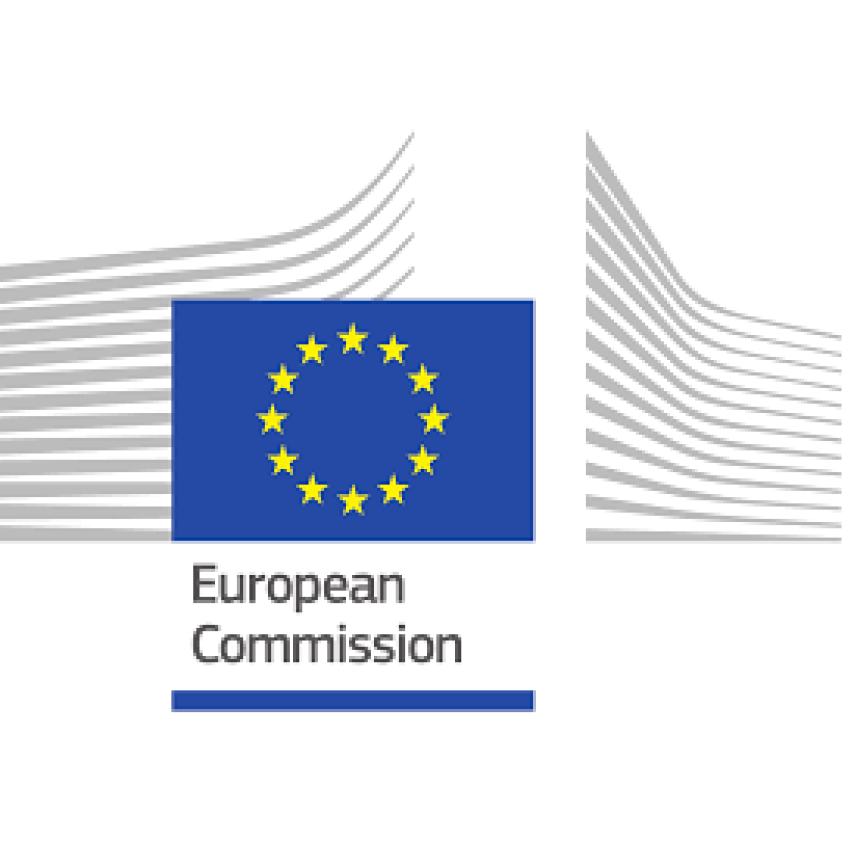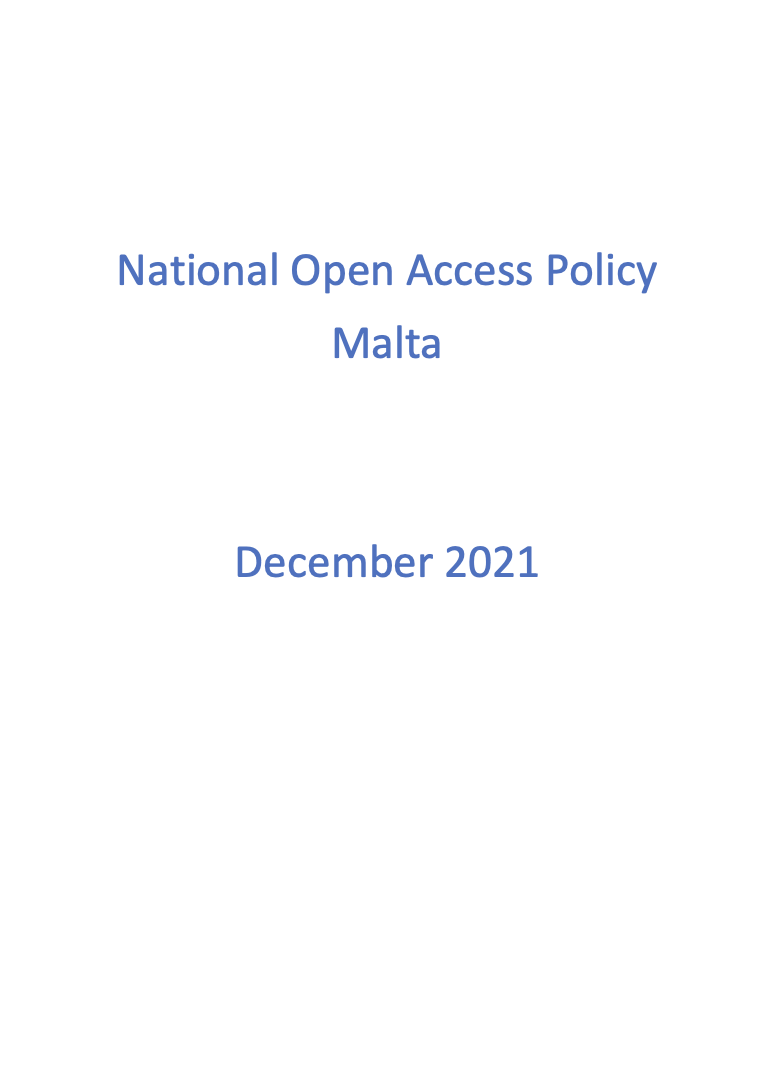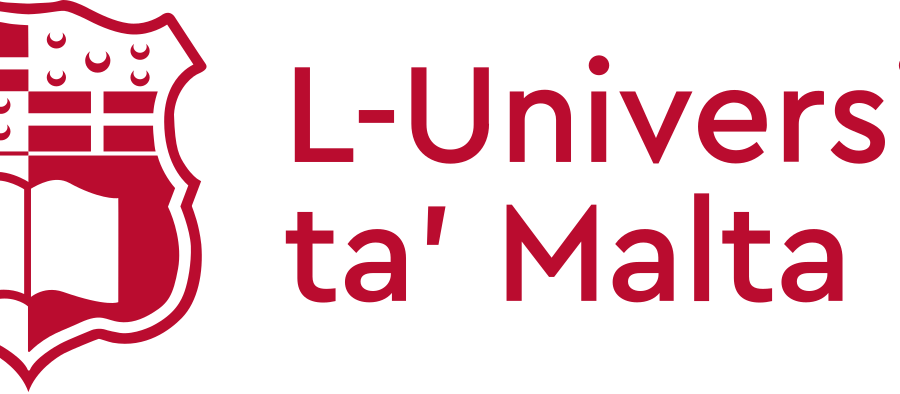
Malta
Overview
European Commission


EOSC Steering Board representatives
In July 2019 Malta secured the support of the H2020 Policy Support Facility (PSF) to develop its first National Open Access Policy. Building on the recommendations of the PSF report, the Malta Council for Science and Technology (MCST), developed Malta’s first National Open Access policy in close collaboration with key Maltese stakeholders active in the field of Open Access through the work of a dedicated working group (The National Open Science Technical Working Group).
Malta’s national Open Access policy was officially adopted in December 2021. The policy adopts a “phase-in” approach for the implementation of the actions presented, with the aim that by the end of 2025, Malta shifts to a state of immediate Open Access in terms of research publications. The implementation process commenced in January 2022. MCST is coordinating the implementation process with the active participation of relevant stakeholders through a dedicated Executive Committee (The National Open Access Committee), which is the governance body responsible for steering the implementation of the policy actions.
MCST as a participant of the ERAC Standing Working Group on Open Science and Innovation (ERAC SWP OSI) and ERA Forum, member of Council for National Open Science Coordination (CoNOSC), and the Maltese entity coordinating the implementation of Malta’s Open Access policy, as well as the University of Malta (UM) Library as a National Open Access Desk in Europe, are both following developments on the EOSC.
No National structure is planned yet. The current engagement with EOSC-A is limited.
Policies
The National Open Access Policy 2021 provides a future-proof, actionable roadmap enabling Malta to improve its current state of play in terms of Open Access practices and align itself with European level developments relating to Open Science. The roadmap within this policy focuses on Open Access to scientific publications, Open/FAIR Research Data under the principle of “as open as possible, as closed as necessary”, and related actions on awareness-raising, skills, training and support, and research and researcher assessment. The Policy envisages the implementation of the specific, recommended actions to be completed by the end of the year 2025 which inter alia include the:
- Establishment of a strong governance structure to enable the necessary synergies
- Introduction of more institutional Open Access policies
- Establishment and upgrading of relevant infrastructures, more dedicated funding and technical support
- Introduction of more and upgrading of existing training activities by relevant Maltese institutions
- Raising awareness of the benefits of practising Open Access.
The UM has implemented its first Open Access Policy in 2019. The scope of this policy was to encourage UM affiliated researchers to deposit copies of their research output on the UM Institutional Repository – OAR@UM. This policy was upgraded to a mandate in 2021, whereby UM researchers are requested to deposit copies of their research papers on OAR@UM, as soon as possible upon publication. Moreover, the full text of all publications are to be made openly available at the time of deposit, or as soon as possible thereafter, subject to publishers’ agreements. In case of publications that cannot be made immediately available because of publishers’ restrictions, the deposit on OAR@UM is still required, but open access would only be secured when or if the publishers’ embargo period lapses. The UM Open Access Policy is recommending the Green Route, nevertheless, supports Gold Open Access when funds for APCs are available.
Additionally, the UM is currently working on the implementation of a Research Data Management Policy based on the FAIR data principles.


National Open Access Policy Malta
Download nowEOSC in Practice
Embracing the principles of transparency, reproducibility, and accessibility, these examples highlight the innovative approaches adopted by researchers across various disciplines. From open data sharing and collaborative platforms to pre-registration and open peer review, these practices enhance scientific integrity and contribute to the advancement of knowledge.
EU Projects
Please find here the EOSC-related projects where members from this country are involved as partners.











































